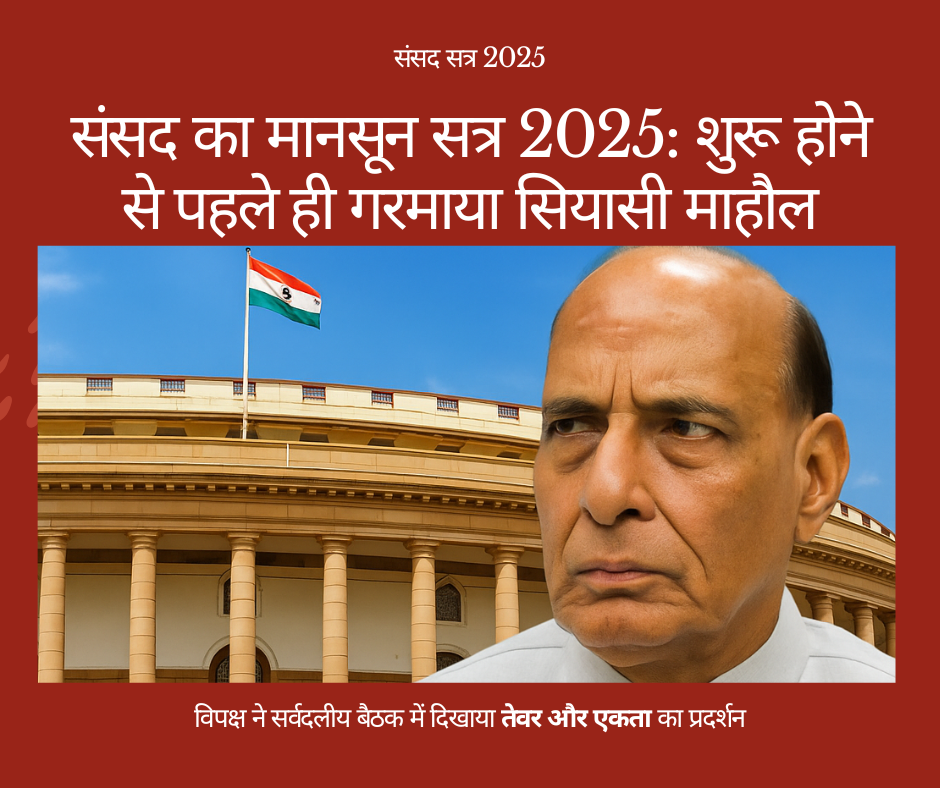🇮🇳 Bombay High Court to CPI(M): “Be Patriotic—Focus on India’s Problems, Not Gaza”
In a strongly worded observation, the Bombay High Court recently rejected a petition by the Communist Party of India (Marxist), reminding the party that patriotism begins at home. The CPI(M) had approached the court after Mumbai Police denied permission to hold a protest at Azad Maidan over the ongoing conflict in Gaza. The court, however, dismissed the plea, questioning the party’s priorities and urging it to focus on India’s pressing domestic issues instead.
A division bench of Justices Ravindra Ghuge and Gautam Ankhad did not mince words. They stated, “You are looking at issues in Gaza and Palestine… Why aren’t you protesting on issues in India? Be patriots… Speaking for Gaza and Palestine is not patriotism.” The court went on to list several problems that continue to plague Indian cities—such as pollution, unclean streets, flooding, poor drainage, and illegal parking—and suggested that political energy would be better spent addressing these challenges.
The petition itself was filed in support of the All India Peace and Solidarity Foundation, which was earlier denied permission by the police to organize the Gaza protest. However, the court observed that CPI(M) was not the original applicant and thus had no legal ground (locus standi) to challenge the denial.
What sparked further attention was the broader message from the bench—highlighting a growing concern over political groups focusing on international issues while local problems go unaddressed. In today’s India, where civic issues affect everyday life in almost every urban and rural corner, the court’s remarks felt like a call to realign political focus toward the grassroots.
Unsurprisingly, the CPI(M) did not take the comments lightly. In an official response, the party criticized the court’s statement, saying it undermines the democratic right to protest and disregards India’s long-standing support for the Palestinian cause. They argued that solidarity with global humanitarian issues has always been part of India’s political tradition.
Still, the court’s firm stance highlights a growing expectation from the judiciary: that political activism should start with solving the problems that lie just outside our own doors.



